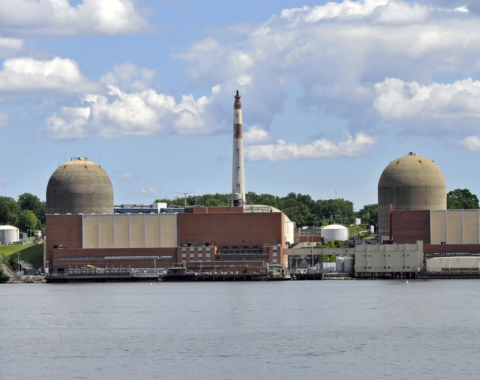New Jersey Governor Phil Murphy signed into law several legislative initiatives that will advance the state’s clean energy goals, including a bill that establishes a Zero Emissions Certificate (ZEC) program to maintain New Jersey’s nuclear energy supply, which contributes ~40% of the state’s electricity and is by far their largest source of carbon free energy.
This new law will allow the nuclear plants of New Jersey to continue to operate if they can demonstrate they make a significant contribution to New Jersey’s air quality and they are at risk of closure within three years. The program will cost ~$300 million but according to Public Service Enterprise Group, Inc. (PSEG) the cost for a typical NJ household will be about $3 a month.
New Jersey has four reactors operating with a total capacity of over 4,100 megawatts (MW) of electricity. Three are located at the Salem-Hope Creek Nuclear Station, operated by PSEG, the state’s largest power company. The other reactor, Oyster Creek, is owned by Exelon Corp, which also owns part of the Salem reactors. Exelon has plans to shutter Oyster Creek in October 2018 under a long-standing agreement with the state.



